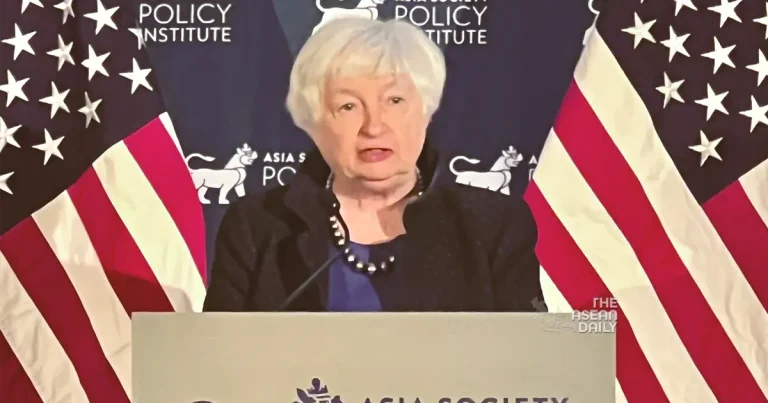20-4-2024 (BANGKOK) A Bangkok-based plastics firm has agreed to pay a staggering US$20 million to resolve 467 violations of Iran sanctions, as announced by the US Treasury on Friday.
According to the settlement agreement inked between SCG Plastics Co. and the Treasury’s Office of Foreign Assets Control, the firm utilised US banks for processing US$291 million in sales of Iranian high-density polyethylene resin from 2017 to 2018.
The resin, primarily employed in the production of product bottles and industrial items, was sourced from an Iranian joint venture co-owned by SCG Plastics’ parent company, SCG Chemicals, and the National Petrochemical Company of Iran, a government entity.
Allegations outlined in the settlement suggest that SCG Plastics engaged in shipping and documentation practices that obscured the Iranian origin of the product and the involvement of Iranian entities. This clandestine approach led banks to unwittingly process transfers in contravention of OFAC’s sanctions on Iran, thus conferring significant economic benefits to Iran’s petrochemical sector.
The US Treasury categorised the 467 violations of Iran sanctions as “egregious” and imposed a hefty fine of US$20 million, payable within 90 days. Although SCG Plastics is no longer operational, the signed agreement between OFAC and the firm absolves SCG Plastics from any further liability associated with the sanctions breaches.
These fines coincide with the US administration’s intentions to escalate sanctions against Iran following Tehran’s recent assault on Israel, which threatens to escalate tensions across the Middle East. Both the US and UK have imposed fresh sanctions on Iranian individuals and entities linked to drone production.
Treasury Secretary Janet Yellen affirmed the US commitment to deploying sanctions to counter Iran’s destabilising actions, emphasising the vigorous enforcement of sanctions through historic fines and the exposure of evasion schemes. The concerted efforts aim to make it increasingly challenging and costly for Iran to perpetuate its disruptive behaviour.




